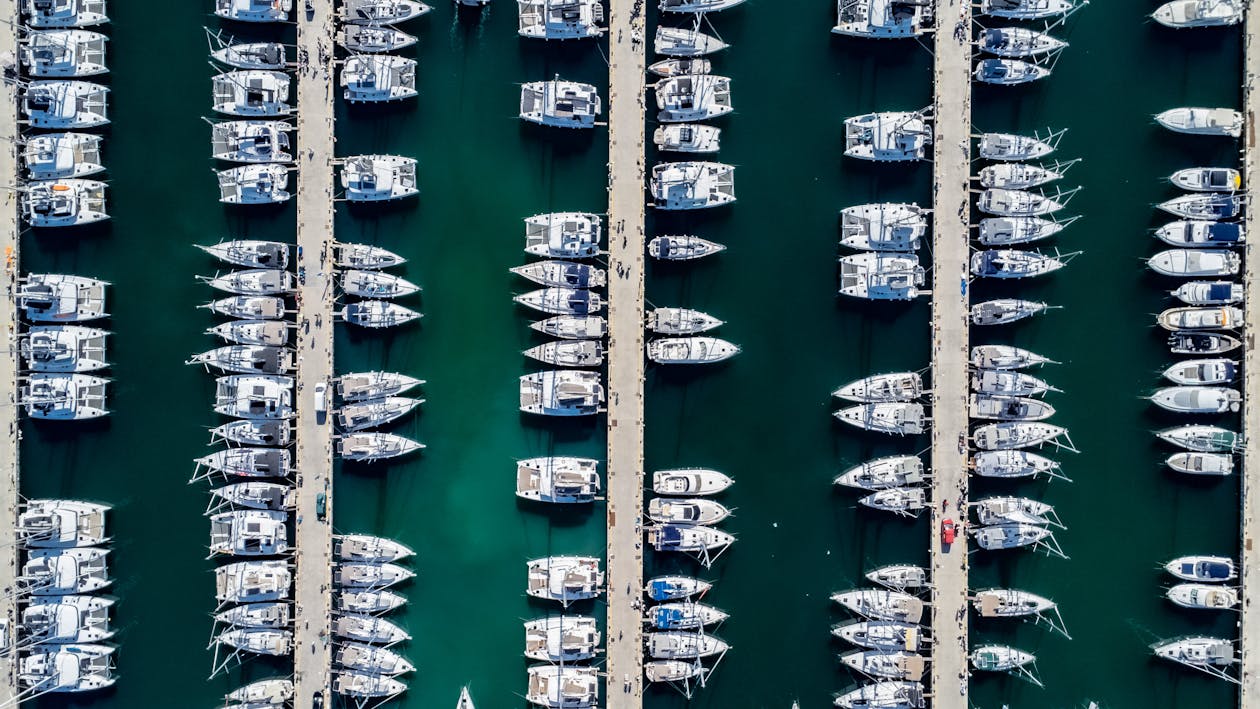The National Oceanic and Atmospheric Administration (NOAA) has officially withdrawn its proposal for a speed restriction along the Atlantic Coast.
“This is a huge step forward for American boat manufacturers, coastal economies, and outdoor enthusiasts across the U.S.,” said Frank Hugelmeyer, President and CEO of the National Marine Manufacturers Association (NMMA).
While the proposal aimed to protect the endangered right whales, it lacked sufficient evidence to show that boats 35 – 65 feet were causing harm due to the speed rule.
“Now the work begins by the federal government to create a durable solution that uses state-of-the-art technology to protect our endangered whale species without jeopardizing the livelihoods of hardworking American businesses and families that rely on access to the Atlantic ocean,” Hugelmeyer added.
The expansion of the 2008 North Atlantic Right Whale Vessel Strike Reduction Rule aimed to impose a 10-knot (about 11 miles per hour) speed limit on all vessels 35-65 feet in length. Hugelmeyer and critics of the proposal highlight its numerous “blind spots,” warning that the rule could trigger a domino effect, resulting in significant economic losses for many marine businesses.
The NMMA’s critique of the proposal was echoed by numerous local businesses and industry leaders, who warned of potential job losses in the U.S. if the proposal were implemented.
Though the proposal may have halted for now, manufacturers remain committed to advancing cleaner, more sustainable boating technologies, prioritizing the protection of marine ecosystems and minimizing environmental impact.
Keyword : aquatic ecosystem preservation, boat manufacturers, boat manufacturers' role, boat speed regulations, boating environmental impact, boating industry news, Boating regulations, boating technology innovations, clean boating innovations, clean boating practices, economic effects of marine policies, economic impact of boating, endangered right whales, endangered species protection, Environmental impact, environmental policies, fishing industry, marine conservation, marine ecosystems, marine industry, marine industry challenges, marine industry trends, marine life conservation, marine life preservation, marine policy, marine speed rule, marine wildlife protection, NOAA Fisheries, NOAA proposal, NOAA withdrawal, policy withdrawal, right whale conservation efforts, right whale protection, right whales, sustainable boating solutions, sustainable boating technologies, Sustainable Marine Practices, US boating businesses, US marine businesses., vessel speed limits, vessel strike prevention aquatic ecosystem preservation, boat manufacturers, boat manufacturers' role, boat speed regulations, boating environmental impact, boating industry news, Boating regulations, boating technology innovations, clean boating innovations, clean boating practices, economic effects of marine policies, economic impact of boating, endangered right whales, endangered species protection, Environmental impact, environmental policies, fishing industry, marine conservation, marine ecosystems, marine industry, marine industry challenges, marine industry trends, marine life conservation, marine life preservation, marine policy, marine speed rule, marine wildlife protection, NOAA Fisheries, NOAA proposal, NOAA withdrawal, policy withdrawal, right whale conservation efforts, right whale protection, right whales, sustainable boating solutions, sustainable boating technologies, Sustainable Marine Practices, US boating businesses, US marine businesses., vessel speed limits, vessel strike prevention
